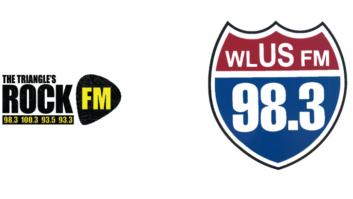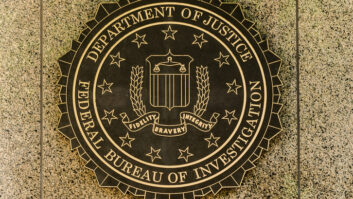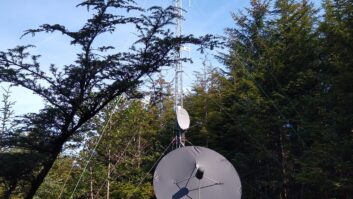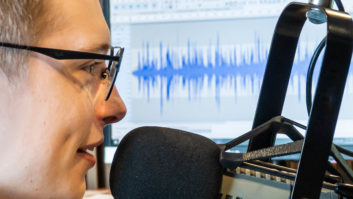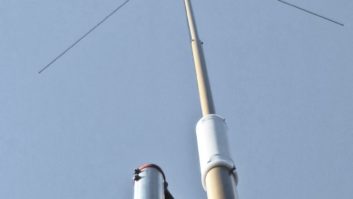One of the things, if not the thing, that makes working in radio worthwhile and meaningful is the role it has played in shaping the world.
Throughout the world, radio has been a force of good: attacking isolation, ignorance and information vacuums. Overwhelmingly, it is the voice of Christianity with clearly superior RF coverage on every broadcast band and sub-band that is heard around the world � with other faiths attracting far less attention.

Politically, AM radio is clearly the voice of the conservative. You will rarely hear a liberal voice on AM radio, and in fact you will hear constant denunciation of liberals as evil, and that guns and gold are the goals of life. Oddly, TV (and NCE FM) is just about the opposite. Every late-night show constantly makes light of the right and pokes deeply at the ethics and soul of the man and woman who recently ran for president. And yes, there are cable networks for every point of view.
You can�t deny that broadcasting plays a big role in politics and the future of this country and the rest of the world. Radio does things TV can�t.
Marshall McLuhan noted the difference back in 1964 with his masterpiece �Understanding Media,� in which he noted the difference between radio�s �hot� medium and TV�s �cool.� Maybe not the clearest choice of words: The idea is that hot media allows complete involvement without substantial stimulus; cool media is detached. Radio gets into your head in a way TV cannot. The classic example is the Nixon/Kennedy debates; Nixon won the radio audience, and Kennedy the TV audience by substantial margins. Substance versus image.
Radio made FDR�s fireside chats possible and brought the country together in a way that wasn�t possible before its invention. Radio has served as bully pulpit in communities and countries around the world.
But it also made possible Joseph McCarthy, Father Coughlin and rather unfortunately, Adolf Hitler. Radio changed the way the world worked, probably more than social media or TV has and will continue to affect the nature of discourse.
�While there is no unit of measure, I posit that radio has been and remains the 11 on the power dial.
Following this most unusual election, I think it�s appropriate to consider what we are doing with the power we have in our charge. Certainly, it�s been a financially lucrative quarter for broadcasters, in particular in swing states. It�s a good time to buy equipment for many of us. But it�s much much more than rating points and dollars. In theory, diversity in media assures that the order of the universe is not upset. The media, taken as a whole, is neither conservative or liberal, nor the friend of or enemy of any movement, party or candidate.
But we don�t work for media as a whole; we work for individual stations with individual voices.
At one time, the Federal Communications Commission did everything in its limited power to balance the messages heard on the radio with equal time and equal access requirements. Today the FCC�s role in content and messages has been reduced to keeping the seven deadly words and images of certain body parts off the air. The National Association of Broadcasters code with its �Seal of Good Practice� at the end of every TV show lasted only from 1951 to the 1980s.
Radio is all about values. Many of us work in radio because of our values. It�s certainly not for the desirable hours and working conditions, money or fame and glory.
But it�s also about power. I think a lot about towers and toys. I�m not so sure I think enough about or have the courage to act when the power is misused and the balance is lost. There are times when that paycheck has felt both light and dirty. With great power comes great responsibility� even if our role is mostly to just make Watts.
The Wandering Engineer is an industry stalwart who has been in broadcasting since the days of Marconi and Tesla. He gives his thoughts on the current state of broadcast engineering and the broadcast engineer.

